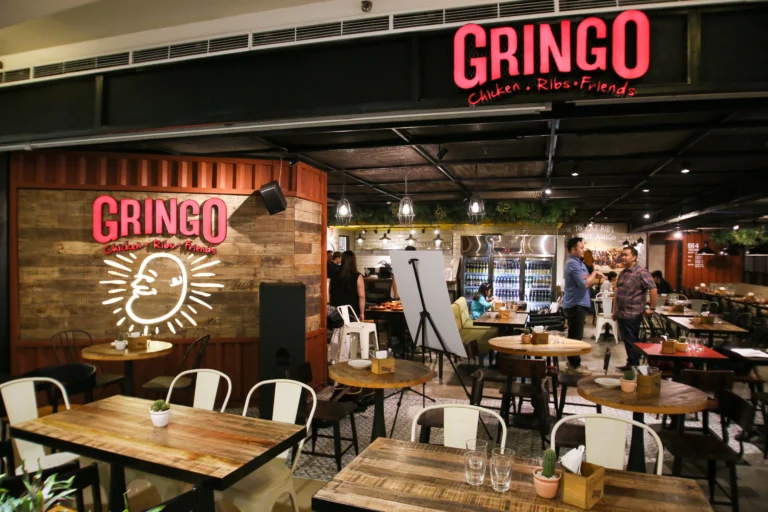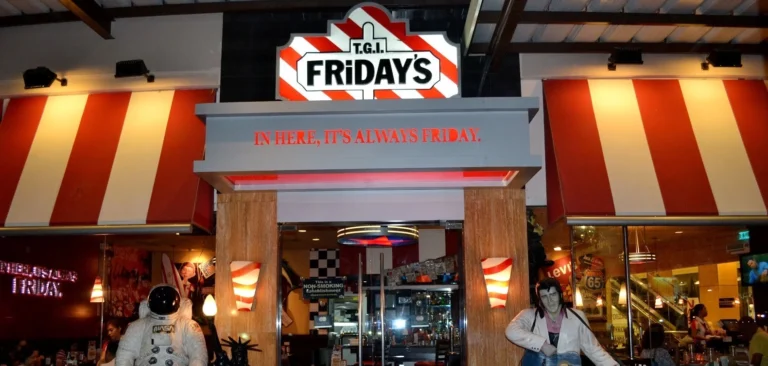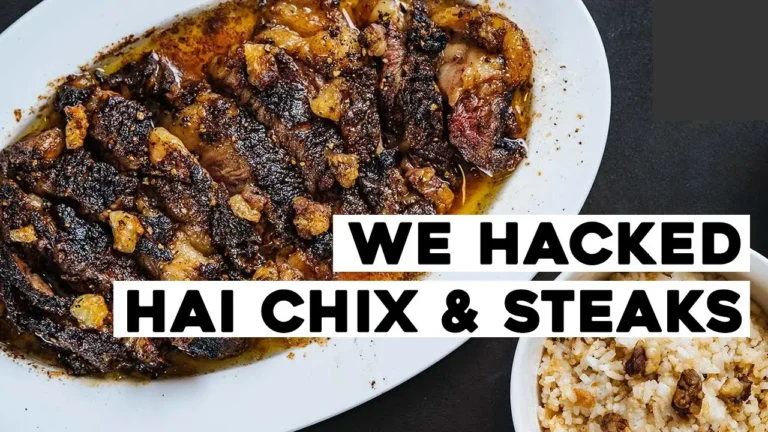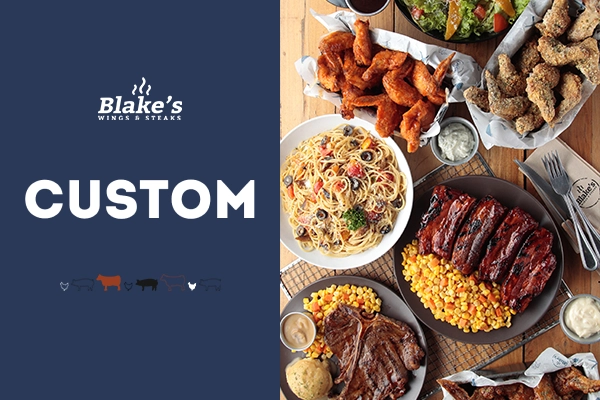Cross-Border Commerce: Navigating Different Halal Standards Across Global Markets

Global trade is more connected than ever, but when it comes to Halal-certified products, the journey across borders is rarely simple. Each country has its own Halal standards, regulatory authorities, and consumer expectations. For businesses aiming to export food, pharmaceuticals, cosmetics, or lifestyle goods, understanding these differences is not just a matter of compliance—it’s the key to winning trust in a market of 1.8 billion Muslim consumers worldwide.
At Halal Watch World, we specialize in helping brands and manufacturers navigate these complex Halal requirements. Whether you’re looking to expand into the Middle East, Europe, Southeast Asia, or North America, we ensure your certification aligns with international expectations so your business doesn’t face unnecessary barriers.
The Challenge of Multiple Halal Standards
Unlike organic or ISO certifications, Halal certification is not universally standardized. Different countries and regions follow different guidelines:
- Middle East: The Gulf countries often align with the Gulf Standards Organization (GSO), but local bodies like ESMA (UAE) and SFDA (Saudi Arabia) may add extra requirements.
- Southeast Asia: Malaysia’s JAKIM certification is among the most globally recognized but has detailed rules regarding ingredients and production facilities.
- Europe: Halal standards vary widely between countries, and consumer trust plays a larger role than centralized government regulation.
- North America: The U.S. and Canada don’t have federal Halal certification bodies, but Muslim consumer organizations recognize accredited agencies.
For exporters, this patchwork of standards can be overwhelming. A certification accepted in Malaysia may not automatically be recognized in Saudi Arabia. This can lead to delays, rejected shipments, and missed opportunities.
Why Businesses Can’t Afford Mistakes
A single compliance error can cost millions in revenue. Imagine preparing a shipment for the UAE only to learn your Halal certificate isn’t approved by their local authorities. Beyond the financial loss, it damages your brand reputation in a trust-driven market.
Halal certification is more than a label—it is a consumer promise. Failing to meet the right standards can create long-term barriers to market entry.
This is where Halal Watch World provides critical support. We guide businesses through certification processes that meet both local and international recognition, eliminating unnecessary risks.
How Halal Certification Strengthens Global Trade
- Market Expansion: A Halal certificate isn’t just about compliance. It’s a passport to new markets across Asia, the Middle East, Africa, and beyond.
- Consumer Trust: Muslim consumers actively seek out Halal-certified products. A trusted certification directly boosts sales.
- Retail Partnerships: Global retailers and e-commerce platforms increasingly demand Halal certification before onboarding products.
- Government Recognition: Proper certification ensures smooth clearance at customs, avoiding unnecessary shipment holds.
With the right certification, businesses position themselves as credible players in one of the fastest-growing consumer markets in the world.
The Role of Technology in Global Halal Standards
Cross-border commerce has also introduced new tools to build trust. Blockchain-based traceability systems are helping certify that products remain Halal-compliant throughout the supply chain. For instance, meat products can now be tracked from farm to table with transparent data.
At Halal Watch World, we help businesses integrate modern traceability solutions into their certification, giving them a competitive advantage in markets where consumers demand transparency.
Success Story Example
A mid-sized food manufacturer in the U.S. recently approached us with plans to expand into Malaysia and the UAE. Their existing Halal certification was accepted domestically but not recognized by JAKIM or ESMA. Within months, Halal Watch World helped them secure certifications recognized in both regions, update their supply chain documentation, and streamline customs approvals.
The result? A 40% increase in international sales within the first year of expansion.
How Halal Watch World Helps You Navigate Global Markets
- Certification Guidance: We ensure your business secures Halal certifications recognized by your target markets.
- Standards Alignment: From JAKIM (Malaysia) to SFDA (Saudi Arabia), we prepare your brand to meet specific requirements.
- Global Recognition: We work with internationally accredited bodies, so your certification travels with you.
- Ongoing Compliance: Halal is not a one-time label—it requires consistent audits and traceability, which we help manage.
Final Thoughts
Cross-border commerce is full of opportunity, but navigating Halal standards requires expertise and strategy. Businesses that take Halal certification seriously position themselves for long-term global success.
At Halal Watch World, we do more than provide Halal certification—we build pathways for your business to enter and thrive in international markets.
If your brand is ready to expand beyond borders, connect with us today. Let us help you simplify compliance, strengthen consumer trust, and tap into a global market of over 1.8 billion Halal-conscious consumers.






